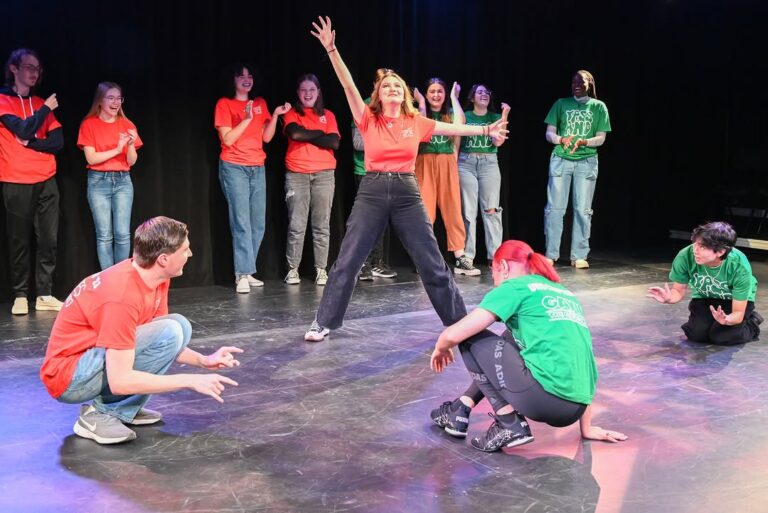The College of Arts & Letters has funded four collaborative community projects that were proposed by CAL faculty and in which they will collaborate with Flint citizens who served on the Arts and Culture Task Force (one of eight task forces that co-authored the City of Flint’s 20-year strategic plan, Imagine Flint) and/or Flint institutions.
The College sought to support faculty efforts to forge partnerships between resident leaders and stakeholders (including Flint area universities and colleges), and CAL faculty, staff, and students—with all partners focused on achieving Imagine Flint goals and objectives.
All submitted projects were required to:
- add to efforts in the community
- create shared research opportunities through community engagement
- identify the goals and objectives of the Imagine Flint master plan that their proposed projects address. http://imagineflint.com/Documents.aspx
All proposals were reviewed by a committee of two Flint Task Force members, two CAL faculty with extensive experience in community engagement, and Robert Brown, associate director of University-Community Partnerships, Michigan State University Office of Outreach and Engagement.
College of Arts & Letters Imagine Flint funded proposals

a. Community Composing: What is hunger? (Principals: Trixie Smith, director of The MSU Writing Center, and faculty member in Rhetoric & Writing; and Dianna Baldwin, associate director of The Writing Center.) Smith and Baldwin have a grant covering East Lansing; the additional funds will extend the work to Flint. Community members—via various stimuli—seek to answer the question, “What is hunger?” in this context “hunger” may relate to more than food. In addition to writing, youth will address this question through a PhotoVoice project. One or more professional composers will use the Flint citizens’ responses to this vital question to compose an original vocal music score for public presentation accompanied by photos taken by the youth participants. Community partners have been identified, and Flint’s Annual Unity March was chosen for the performance due to its timing and audience.
b. One World, One Day (Principals: Angelika Kraemer, director of the CeLTA Language School and executive associate director of the Center for Language Teaching Advancement at MSU; and Danielle Steider, Less Commonly Taught Languages and Fulbright FLTA coordinator, Linguistics and Germanic, Slavic, Asian, and African Languages.) Eight to twelve MSU less commonly taught languages instructors and volunteers will work with Flint area libraries and schools to increase literacy in English and expose K-3 children and their families to other cultures and languages. The first 20 families to arrive at each event will receive a copy of the book One World, One Day, which serves as the basis for the cultural and linguistic exploration.

c. SPOT on Autism (Principal: Dionne O’Dell, academic adviser and program director for the MSU Department ofTheatre.) The MSU Department of Theatre, in conjunction with Flint Youth Theatre and Detroit-based 4th Wall, will work with local autistic children. (The two groups have done this in the MSU area and received rave reviews from the children’s parents.) The MSU Department of Theatre will mentor Flint Youth Theatre to take the lead on this project. O’Dell recently attended a large community meeting in Flint, shared information about her project, and identified additional ways in which Theatre and Arts & Culture Management might be able to provide support for the community.
d. Dancing Computers (Principal: Alison Dobbins, assistant professor of Integrated Media and Performance Design for the MSU Department of Theatre.) The Imagine Flint website notes that the Master Plan will be implemented by a number of internal and external mechanisms, the most visible being that of these and other city-wide demonstration projects. Projects will be completed through securing grants, leveraging existing resources, partnering with residents and community-driven initiatives, and aligning current city operations with the Plan.of Integrated Media and Performance Design for the MSU Department of Theatre.) This project is a collaboration of the MSU Department of Theatre and MSU computer engineers and teacher education. Twenty students will learn computer programming as they also learn a dance. Once they have mastered the dance, they will use the programming language to develop a new dance. Dobbins also attended the January meeting in Flint at which citizens expressed a strong desire to form a partnership.


